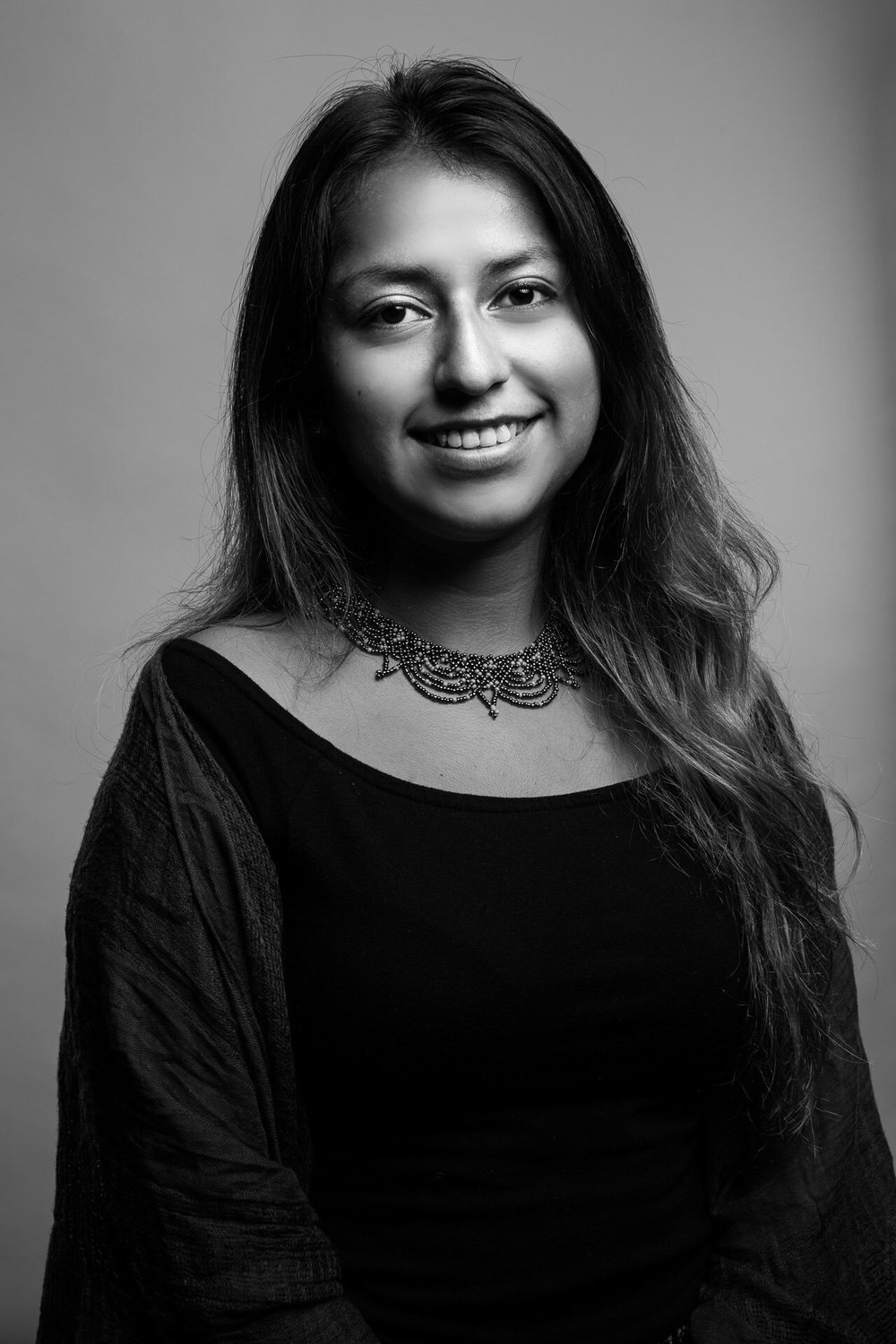Anahí is an environmental justice advocate and storyteller from Quito, Ecuador. Uprooted from her agrarian livelihood in Ecuador to Bushwick, New York in 2002, she began to see the social and environmental inequalities her communities faced. She attended Middlebury College where she conducted life story ethnographic research that focused on the story of self and environment to gather individual and community histories to advocate for climate justice.
In 2016, Anahí conducted a photography and oral history project in Tanzania titled “Sagara Stories: Agrarian Narratives of Resilience of the Women of the West Usambara Mountains” to highlight the power that an agrarian narrative can have in revealing details of the resiliency of a culture in a changing climate and world. Anahí was a Doris Duke Conservation Scholar at the University of Washington from 2015-2016. There, she conducted another life story project where she photographed and interviewed tribal members of the Quinault Indian Nation on their life histories and their connections to the natural world to combat a proposed oil terminal that would endanger traditional treaty grounds. Anahí graduated in 2017 with a B.A. in Environmental Studies with a concentration in History.
Never forgetting her roots, Anahí's OHMA thesis explored the impacts of climate change on the cultural and physical landscape on her Andean hometown of Guaranda, Ecuador through her grandparents' stories. She continues her oral history journey through a platform she created called Inclusive Conservation (https://www.inclusiveconservation.org/) of how narratives can empower communities to become agents of change towards climate and social justice.
Today, Anahí is the NYC Program Coordinator for Latino Outdoors and the Equitable and Just National Climate Platform Coordinator at the Center for Earth, Energy, and Democracy (CEED).

